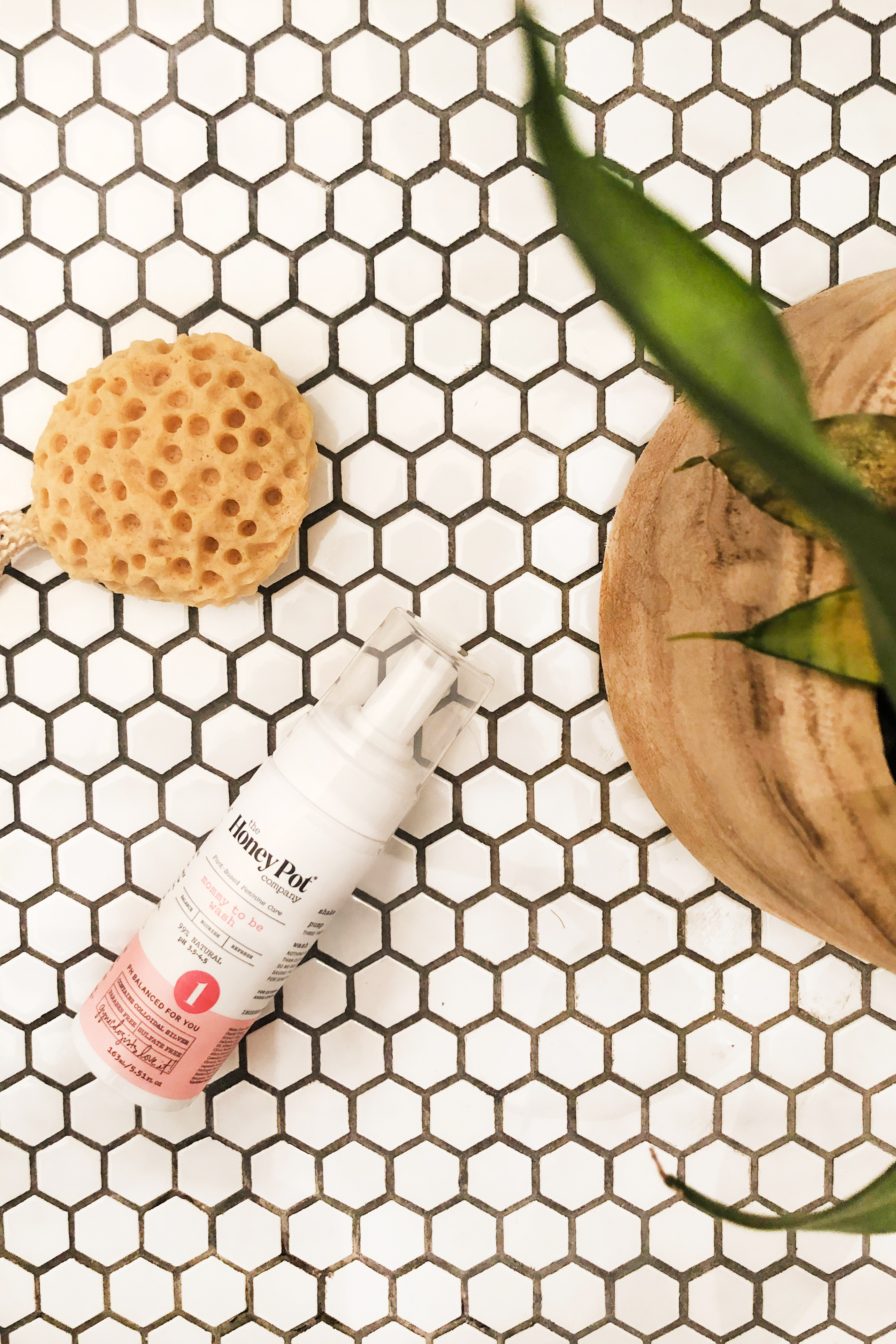In perfect harmony

You may be well versed in prenatal vitamins, the best sleep positions for your bump and staying hydrated during the nine-month stretch, but knowing what’s normal for your nether regions during pregnancy is equally important. Your personal pH tells a lot about your vaginal health and can fluctuate while you’re expecting, signaling an imbalance. Here’s what you need to know while looking out down below.
What is feminine pH?
pH measures the acidity of a solution. Your body has many different pH levels that range in acidity (i.e. gastric acid in the stomach has a low pH vs. blood equalling a more moderate pH). A healthy vaginal pH is acidic and ranges from 3.5 to 4.5; this means there is a balance of good and bad bacteria.
How does it become “imbalanced”?
Thanks to your changing hormones, your pH level can shift, losing equilibrium and causing an imbalance. This allows bad bacterial to grow and may produce irritation, infections such as bacterial vaginosis, as well as subtle changes in vaginal odor—which many women can be sensitive to while pregnant.
Are there pregnancy-safe treatments?
Yes! Lifestyle choices such as reducing your sugar intake, eating yogurt, staying hydrated and avoiding perfumed hygiene sprays and sanitary products will help keep your vagina healthy. In addition, we recommend using The Honey Pot Co. mommy-to-be line of feminine wash, wipes and herbal pads. They work to balance your pH, banish bacteria and calm discomfort—all without the worry of chemicals, toxins or artificial fragrance. They’re safe for mom and her growing babe. (P.S. You can also use these products postpartum while your body recalibrates. Each one is great for whenever wild hormones are at play!)
When should I see a doctor?
You’ll want to consult your doctor if you notice abnormal discharge (such as changes in consistency or gray, yellow or green in color), itchiness, burning while urinating or a fishy smelling odor. These can be signs of a more serious condition that requires a diagnosis and medical treatment.
This post was made in partnership with The Honey Pot Co., a line of woman-owned feminine products to best care for your lady parts.







